Keywords: Bible
There are more than 200 results, only the first 200 are displayed here.
-
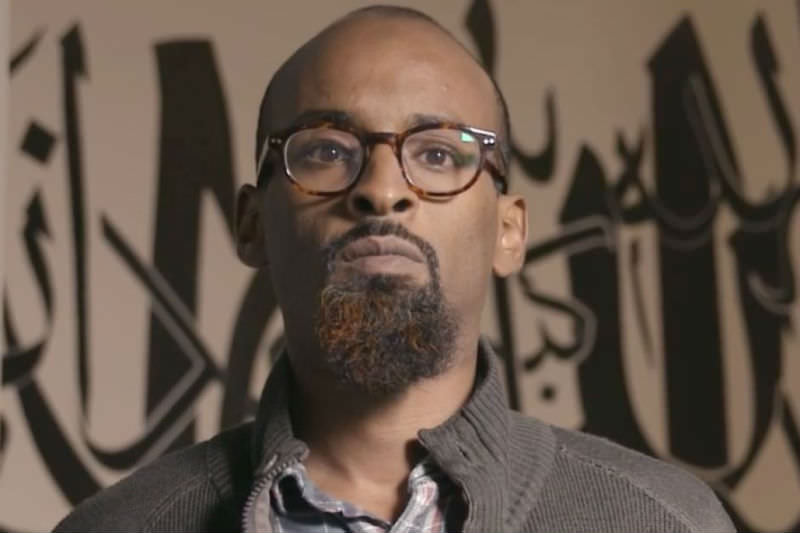
RELIGION
- Rachel Woodlock
- 18 January 2018
9 Comments
Nur Warsame hopes to open a gay-friendly mosque, quite a feat, in a country where mosque applications often face fierce resistance from non-Muslim locals. Gay Muslims are mostly rejected by the Muslim community for being gay and stigmatised by the wider community for being Muslim. Many cannot reconcile the two identities.
READ MORE 
-
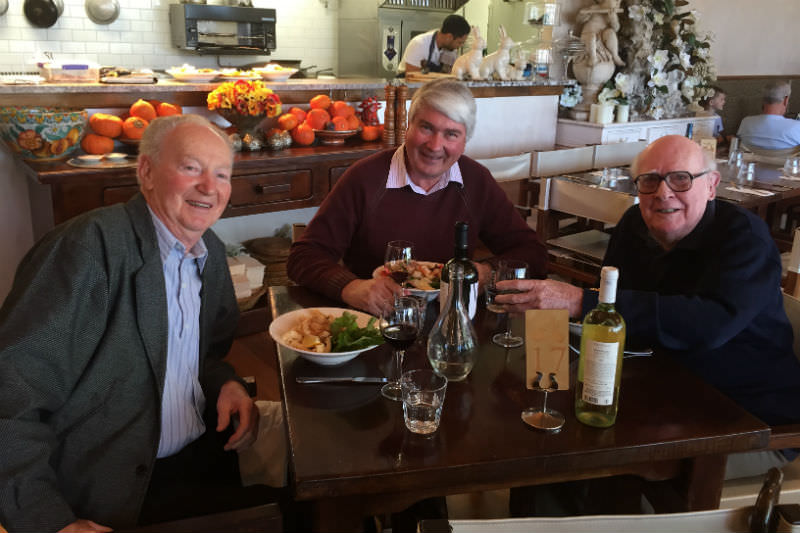
RELIGION
- Frank Brennan
- 15 January 2018
2 Comments
'Most of his life, Dr Johnson was a priest. Most of his life, he started his day sharing this bread of life with the world. He spent his childhood years here in Rocky, and he enjoyed his twilight years here. Rockhampton was home. Yet the cosmopolitan Grove was ever so much more at home in Rome, Paris or Sydney. And he meant that as no offence to the people of Rockhampton.' Homily delivered for the funeral of the 94 year old priest Grove Johnson.
READ MORE
-

ARTS AND CULTURE
- Wally Swist
- 02 October 2017
2 Comments
Even when I was a child, I had a distinct intuition that I had lived previous lives in which I was trying to enlighten others around me. I find most people are not receptive.
READ MORE 
-
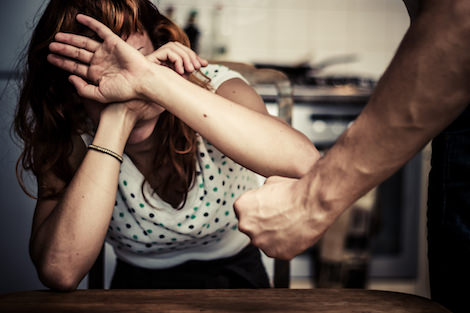
RELIGION
As the responses poured in to the ABC’s story on domestic violence in evangelical churches, I was reminded of the discomfort Saint Augustine showed, in The Confessions, towards his father beating his mother. But he still praised his mother for placating her husband to avoid beatings, and for criticising wives who were beaten. Augustine, then, while possibly opposing domestic violence, had no idea what to do about it, and endorsed behaviour that made it worse.
READ MORE 
-
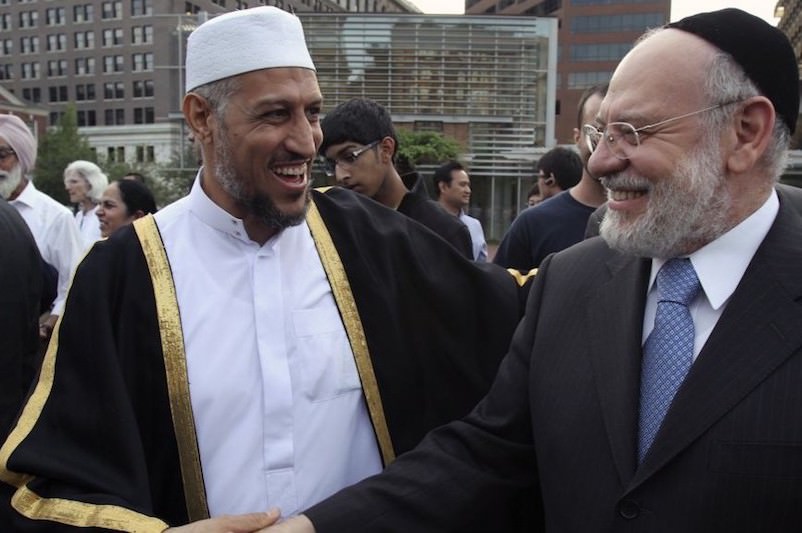
RELIGION
- Rachel Woodlock
- 21 July 2017
12 Comments
Because we are a multicultural and multi-religious society, we do not impose a singular moral or religious code on everyone. Believers can follow their faith’s code of living voluntarily. But if they choose to enter public debate about legislation on questions that affect everybody, they must construct their arguments based on reasoning acceptable to non-believers.
READ MORE 
-

ARTS AND CULTURE
- Victor Ugwu, E. Unimke Ugbong, William Okello Kadima
- 10 July 2017
2 Comments
We remember that sad morning, when the bombs exploded, when the cold air, suddenly became too hot, when the flock became wild, how they ran into the wild. look! see! The vineyard is still on fire! look! see! The market stalls is still on fire! We slowly limped, towards the west we head, to where the air is still cold, to where the field is still green, towards the West, to where came the bombs, we head.
READ MORE 
-
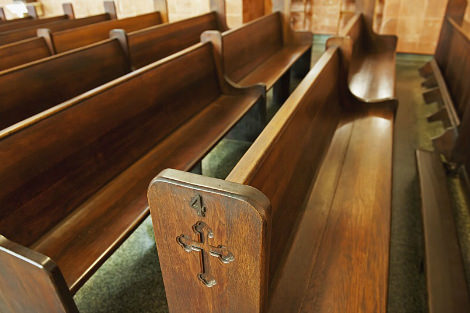
RELIGION
- Ryan Suckling
- 09 May 2017
11 Comments
There came a time for me, as it does for many, when going to church was no longer obligatory. I suspect it's most common in those middle years of adolescence - the time when parents feel the need to loosen their hold over you, but with the blanket of judgement ever fixed. My wane in piety was not unforeseen. Each Sunday, as my family was getting ready, I'd linger by the bathroom. The plan was to tentatively make everyone aware I wasn't quite up for church-going that day. Reactions varied.
READ MORE 
-
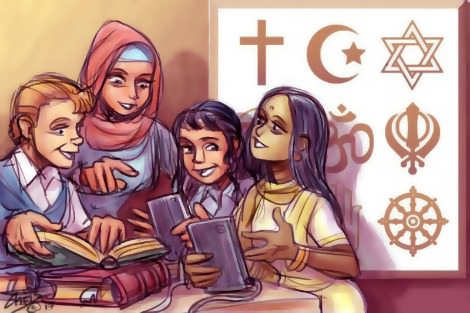
EDUCATION
- Sophie Chalmers
- 21 March 2017
21 Comments
The Dalai Lama is turning 82 this July, and he may be the last in his line. The religious and political ramifications of this are often lost on the general public. Many people in largely Christian Australia don't know the significance of a Mikveh in Judaism, can't explain why the Buddhist Middle Path is so important, or recite what the Five Pillars of Islam are. There are as many diverse interpretations of Hinduism as there are for Christianity, and as many insightful Buddhist stories as there are in the Bible.
READ MORE 
-

RELIGION
- Michael McVeigh
- 17 March 2017
7 Comments
No conversation on marriage equality should begin from any place other than that same-sex attracted people are equal in dignity, and worthy of the same respect, as heterosexual people. But religion has to be included in the conversation, as marriage equality isn't just a civil rights issue, it's a biblical and theological one. People who hold biblical or theological views on marriage aren't going to be convinced by arguments that don't respect those views.
READ MORE 
-
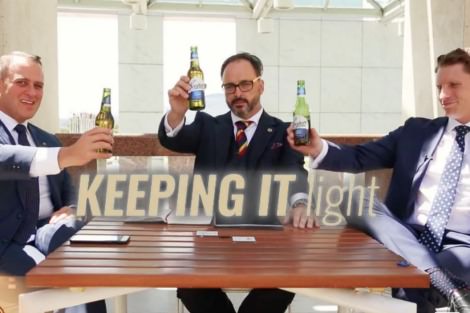
MEDIA
- Rohan Salmond
- 17 March 2017
22 Comments
The Bible Society didn't think its video promoting civilised discussion about same-sex marriage would be a problem, but it pushed a lot of buttons they didn't even know existed. There are a lot of layers to the public's reaction, but here's one: the Bible Society has never taken an explicit public position on the present marriage debate, but its sister organisation, the Centre for Public Christianity, only features videos and essays by people who hold an exclusively man-woman view of marriage.
READ MORE 
-

RELIGION
- Bill Wright
- 06 March 2017
4 Comments
Speaking of reform in the church can mean many things. Often it's about practical matters: sorting out the Vatican Bank, changing how bishops are chosen or clergy trained; that sort of thing. Occasionally, however, reform is about seeking real religious change. Martin Luther, I want to suggest, is one of those reformers who was not concerned with tinkering with structures of the church but with reforming the Christian message so that it might reform the believer.
READ MORE
-
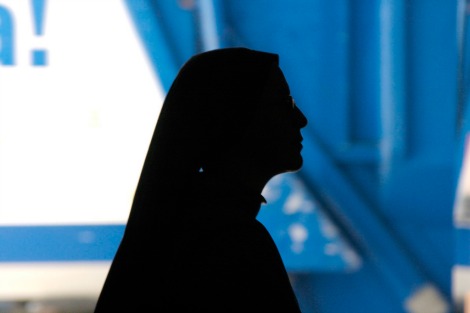
RELIGION
- Julie Davies
- 07 February 2017
20 Comments
Sister Barbara taught me in my fifth and sixth years. She had a large multi-grade class, yet she found time to realise I wasn't 'a bit slow' but was actually half-blind, partially deaf and bored witless. She ensured I was placed close to the front where I could hear, and arranged my first eye examination. Sister Barbara also sent away for high school English books just for me and that year this supposedly 'slow' child came first in class. These acts changed the course of my life.
READ MORE 